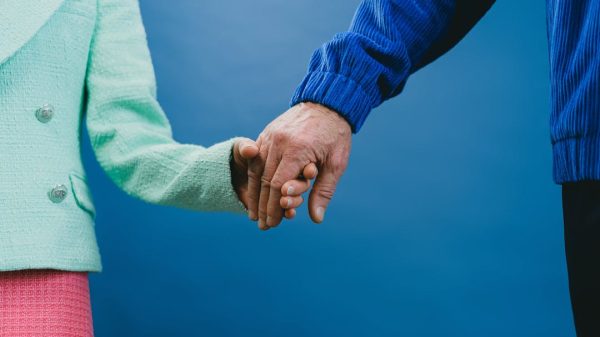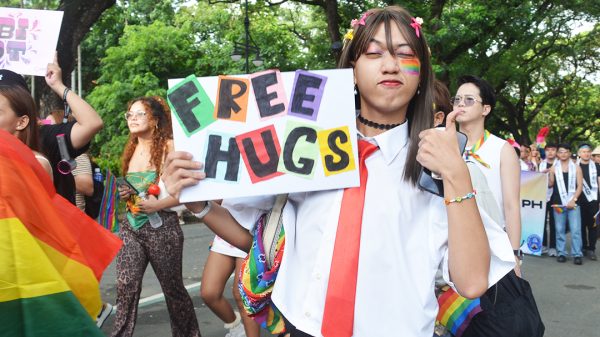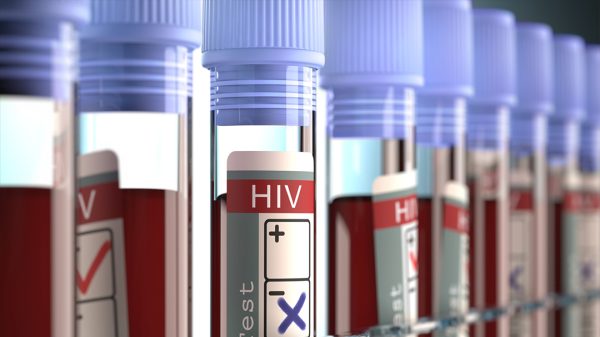There are a number of studies demonstrating that dog therapy programs can improve a person’s social and emotional wellbeing, but many of these studies typically have a disproportionate number of female participants.
Now a research led by Dr. John-Tyler Binfet, an Associate Professor in UBC Okanagan’s School of Education and Director of Building Academic Retention through K9s (BARK), evaluated if there are gender differences in wellbeing by setting up separate dog therapy sessions for those who identified as female, male and gender diverse participants.
The study – “A mixed-methods examination of an on-campus canine-assisted intervention by gender: Women, men, and gender-diverse individuals’ self-reports of stress-reduction and well-being” by John-Tyler Binfet, Freya L.L. Green, Rebecca J.P. Godard, et al – appeared in the journal Human-Animal Interactions.
“Previous research has explored if it works and how it works, but not who it works for,” says Dr. Binfet. “This was one of the first studies that examined whether canine-assisted interventions work equally well for varied genders.”
For the study, students self-selected their gender cohort and were assigned to a session on a first-come first-serve basis. Prior to the sessions, they provided reports of wellbeing; specifically measuring their self-perceptions of campus and social connectedness, happiness, optimism, stress, homesickness and loneliness.
A total of 163 students — 49% women, 33% men, and 17% non-binary and other genders — participated in 20-minute sessions. In groups of three to four, the students engaged with a therapy dog and handler, and following the session they filled out a survey.
The results showed, as expected, that there was a significant increase in wellbeing and a decrease in homesickness, stress and loneliness. The results also demonstrated that canines have a comparable positive wellness effect across diverse gender identities.
“In light of previous studies that note participants were predominantly women, our sampling of men, genderfluid and two-spirit participants furthers our understanding that the efficacy of these interventions does not appear to be gender dependent,” says Dr. Binfet. “The vast majority of responses showed that the dogs helped the students feel and experience something positive regardless of their gender.”
The findings could influence post-secondary mental health and wellness programs as educators continue to seek low-cost and low-barrier inclusive options for students.






























































